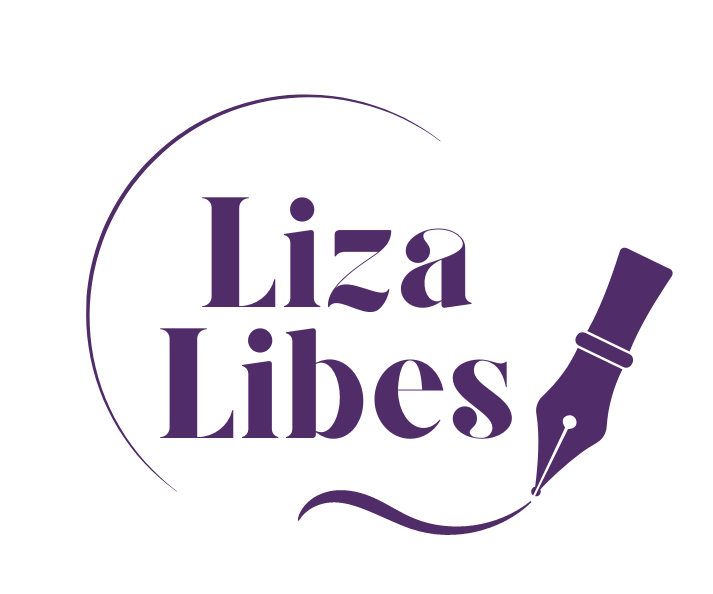The Poetic Tradition: On Perfecting Your Craft
What can we learn from the Ancient Greeks about good writing? As it turns out, most things.
I teach creative writing to teenagers for a living. Many of these kids have never read a book in their lives, let alone heard of the Greek poet Homer—they are there to write a college essay and never write again.
But why this disdain for writing? The most probable answer I can divine has to do with fear—we know that the human experience of fear is closely intertwined with unfamiliarity: expose the monster under the bed as a mere dust bunny, and fear will evanesce. That’s what I like to do with writing. Instead of first diving into the crevices of my students’ brains to fish out memories and events that will eventually mold into their college essay topics, I start from square one: understanding writing as a craft.
My favorite poet and literary critic T.S. Eliot once said that poets are “curious explorers of the soul.” The aim of writing, according to Eliot, is to bare the soul forth through meticulously-chosen diction and syntax that will allow an unrefined emotion to sing in poetic form. For Eliot, exploring the root of the human condition had much to do with technique and craft, and indeed, the Ancient Greeks would agree.
We can trace literature’s very origins back to the oral tradition of the Ancient Greeks. Think Homer’s Odyssey and Iliad. Though we cannot be sure exactly what these epics sounded like in performance, we know that they were virtually always accompanied by some form of music—or at least sung aloud. For the Ancient Greeks, therefore, literature and music were virtually indistinguishable. In fact, the second word of the opening line of Homer’s Iliad is ἄειδε or “sing,” highlighting the importance of music in the Greek epic tradition. We might therefore think of storytelling—and the art of writing that this tradition eventually culminated in—as a musical art form. Arguably more important than the message of a particular piece of literature is the way it sounds. That’s something I always ask my students: does your writing sound good when read aloud?
We can use the poetic tradition as a paragon for strong, literary writing. Up until the 17th century, in fact, virtually all literature was written in poetic rather than prose form—our word “prosaic,” which means ordinary or dull, stems from the word “prose,” a mode of writing that was largely reserved for official documents or other non-artistic record-keeping. The invention of the novelistic form in the 17th century introduced the idea that beautiful writing could depart from poetry, yet this sort of early prose writing retained some of the principles that characterized our beautiful poetic tradition: attention to tone, style, craft.
So what’s all this about craft? We can think of craft, generally, as the techniques we use to help a piece of writing come to life. The Greeks have given us several terms to work with as well as we begin to conceptualize “craft” in writing. Here are a few terms to consider:
Τέχνη (techne): Skill in making or doing. This is where we get our English word “technical.”
Ποίησις (poiesis): The art of bringing something into being that did not exist before. This is where we get the word “poetry.”
Ἀλήθεια (aletheia): Truth. This is also the word that Plato uses in Book 7 of the Republic during the famous cave episode.
In his exploration of the theory of art, German philosopher Martin Heidegger borrowed the first two terms—techne and poiesis—and argued that techne, the craft of one’s art, brings poiesis into being. It is through the mastery of the technical form that art is created—that poetry is made. Poiesis, in turn, culminates in the revelation of one’s authentic truth or aletheia. (Heidegger likens aletheia here to his monumental concept of Eigentlichkeit, or authenticity, which he explores in depth throughout his philosophical behemoth Being and Time. We won’t delve much into Heidegger here (though I do encourage you to check him out), but we can learn a lot from this nugget of philosophy from the German master: developing a specific craft or technical process (techne) is crucial to the transmission of an authentic story through the poetic tradition.
So what are some of the important elements of literary craft? I’ll leave you today with a few definitions of literary terms:
Diction: This is the choice of words or vocabulary that a writer uses to convey a certain message. Diction creates the tone of a piece of writing.
Tone: This is the overall “feel” of the piece or a writer’s attitude towards a certain subject.
Syntax: This is the way that words are arranged within a sentence to create a cohesive whole.
Writing is fairly easy if you know what to look for. You can ask yourself three questions as you begin to perfect your craft:
Is my use of words deliberate?
How am I arranging those words?
What is the overall feel of my piece as informed by those two elements?
And—most importantly—does your writing sound good when read aloud?
You might not be writing a college essay like the kids I annoy every September with the college essay process, but I hope that you’ll remember a thing or two about good writing as you embark on your next literary project: good writing is, at its core, technically accomplished and musically profound.

